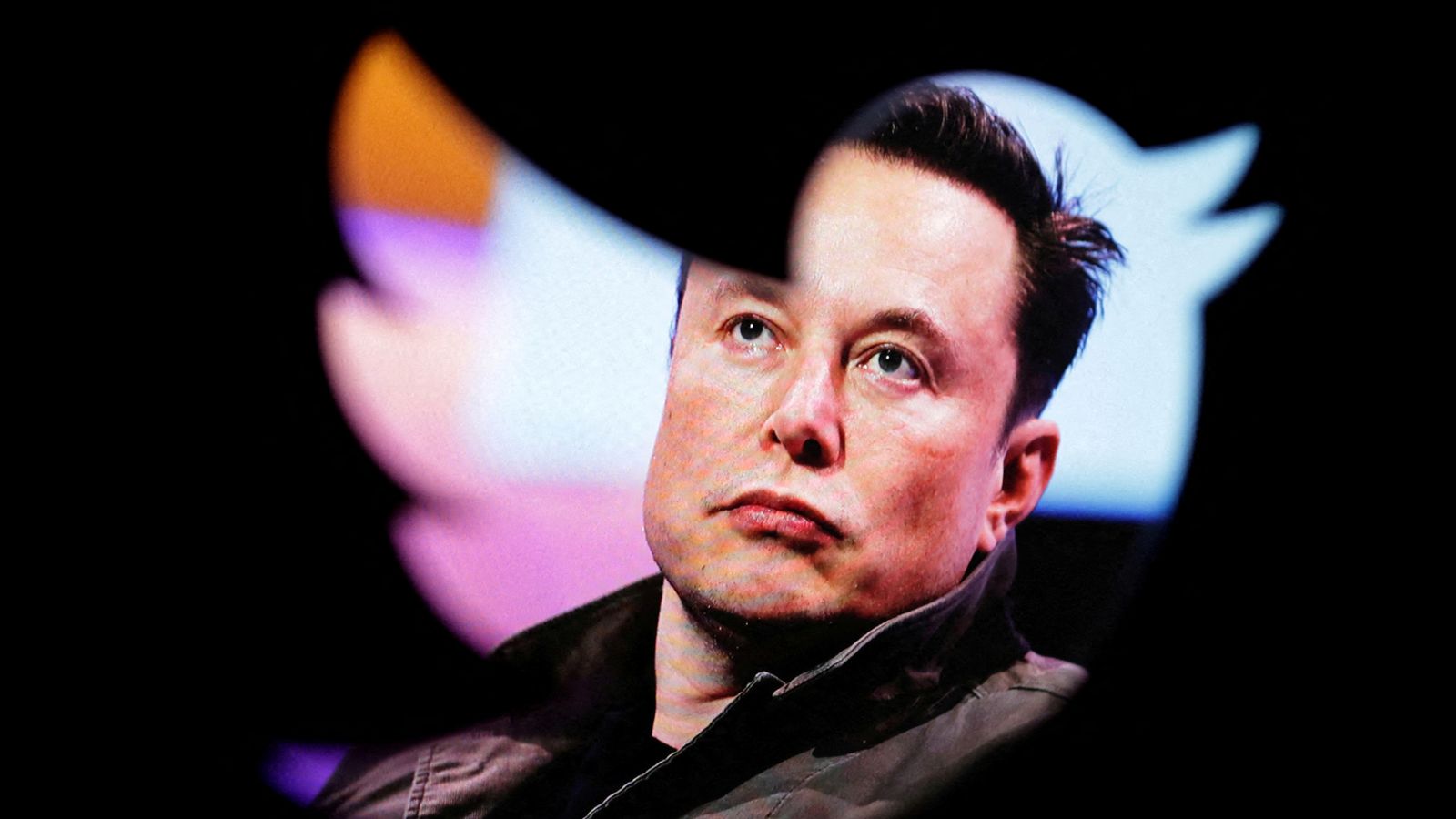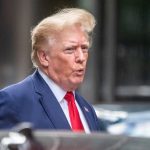Elon Musk has fired Twitter’s board of directors and appointed himself its sole member – as he tests the waters by asking users if they would pay for verification on the social media platform.
According to a company filing with the US Securities and Exchange Commission, Bret Taylor, former chairman of the board, and Parag Agrawal, former chief executive, are among the nine ousted directors.
Mr Musk completed his $44bn takeover of the social media platform last week after months of legal wrangling.
The world’s richest man is considering major changes as he embarks on his first week as the company’s new chief executive.
He is flirting with the idea of asking users to pay for verification – known as the “blue tick” – granted to celebrities, politicians, business leaders and journalists.
Jason Calacanis, a venture capitalist who is working with Mr Musk, tweeted a poll asking users how much they would be willing to pay for the blue tick that Twitter uses to verify higher-profile accounts so others know it is really them.
Mr Musk replied to the poll saying: “Interesting”.
Elon Musk asks Twitter followers if he should bring back Vine
Elon Musk denies report he is laying off Twitter workers early to avoid severance payouts
Elon Musk tweets – then deletes – link to article with unfounded theory about Paul Pelosi attack
In response to a user asking for help getting verified, Musk tweeted on Sunday: “The whole verification process is being revamped right now.”
On the same day that Mr Musk bought Twitter, the billionaire Prince Alwaleed bin Talal of Saudi Arabia announced that he was rolling over his $1.9bn (£1.7bn) in shares, making him the company’s biggest shareholder after Mr Musk.
The move prompted concern among some politicians, including US Democrat Senator Chris Murphy.
Please use Chrome browser for a more accessible video player
‘National security issue’
Mr Murphy has since requested the Committee on Foreign Investment to investigate the national security implications of Saudi’s investment in Twitter.
“We should be concerned that the Saudis, who have a clear interest in repressing political speech and impacting US politics, are now the second-largest owner of a major social media platform,” Mr Murphy tweeted.
“There is a clear national security issue at stake and CFIUS should do a review.”
Another big investment has come from Binance, a cryptocurrency exchange, which has put $500m (£436m) into the takeover.
Read more:
Ten people Musk could bring back to Twitter – by revoking their permanent bans
Super app or Wild West? The future of Twitter under Elon Musk
Changpeng Zhao, its chief executive, told CNBC that Mr Musk would transition Twitter into a company supporting cryptocurrency and the concept known as Web3, which many crypto enthusiasts envision as the next generation of the internet.
“We want to make sure that crypto has a seat at the table when it comes to free speech,” he said.
“And there are more tactical things, like we want to help bring Twitter into Web3 when they’re ready.”
After taking ownership of Twitter, Mr Musk invited a group of tech-world friends and investors to help guide the San Francisco-based company’s transformation, which is likely to include a shake-up of its staff.
Shortly after closing the $44bn (£38.3bn) deal on Thursday, Mr Musk fired Mr Agrawal and other top executives. It is so far uncertain if and when he could begin larger-scale lay-offs.
The Tesla and SpaceX boss has been making a number of pronouncements since early this year about how to fix Twitter, and it remains unclear which proposals he will prioritise.
He has promised to cut back some of the platform’s content restrictions to promote free speech, but on Friday announced that no major decisions on content or reinstating of banned accounts will be made until a “content moderation council” with diverse viewpoints is put in place.
He later qualified that statement, tweeting “anyone suspended for minor & dubious reasons will be freed from Twitter jail”.
Mr Calacanis said the Twitter team already “has a very comprehensive plan to reduce the number of (and visibility of) bots, spammers, & bad actors on the platform”.
He also asked in the Twitter poll if users would pay between $5 and $15 a month to “be verified & get a blue check mark” on Twitter.
Twitter is free for most users because it depends on advertising for its revenue.






















